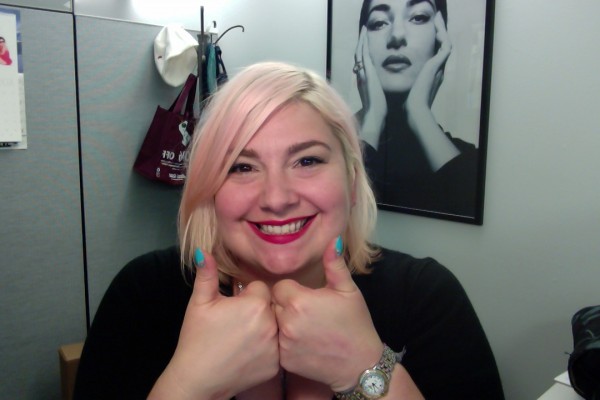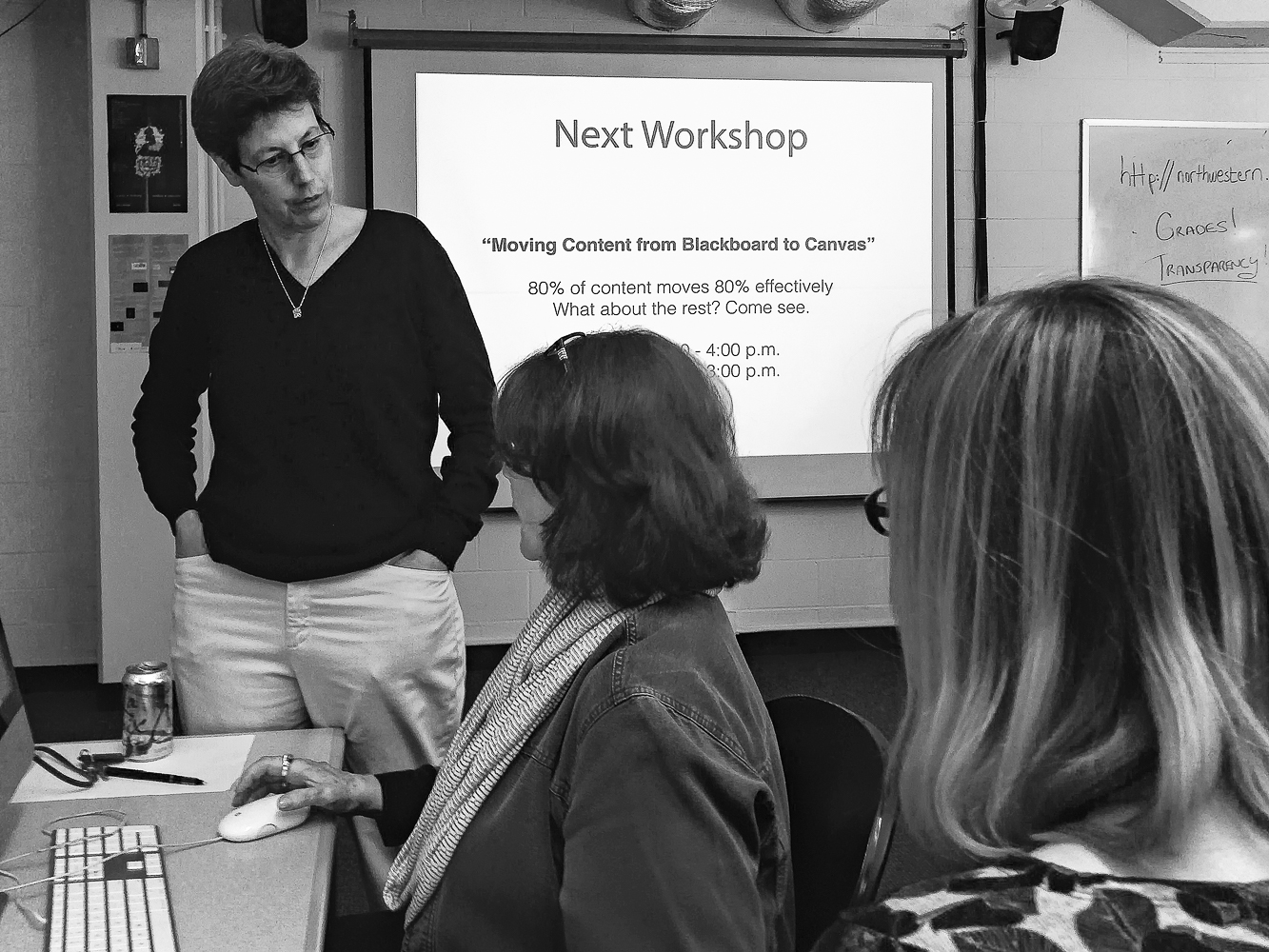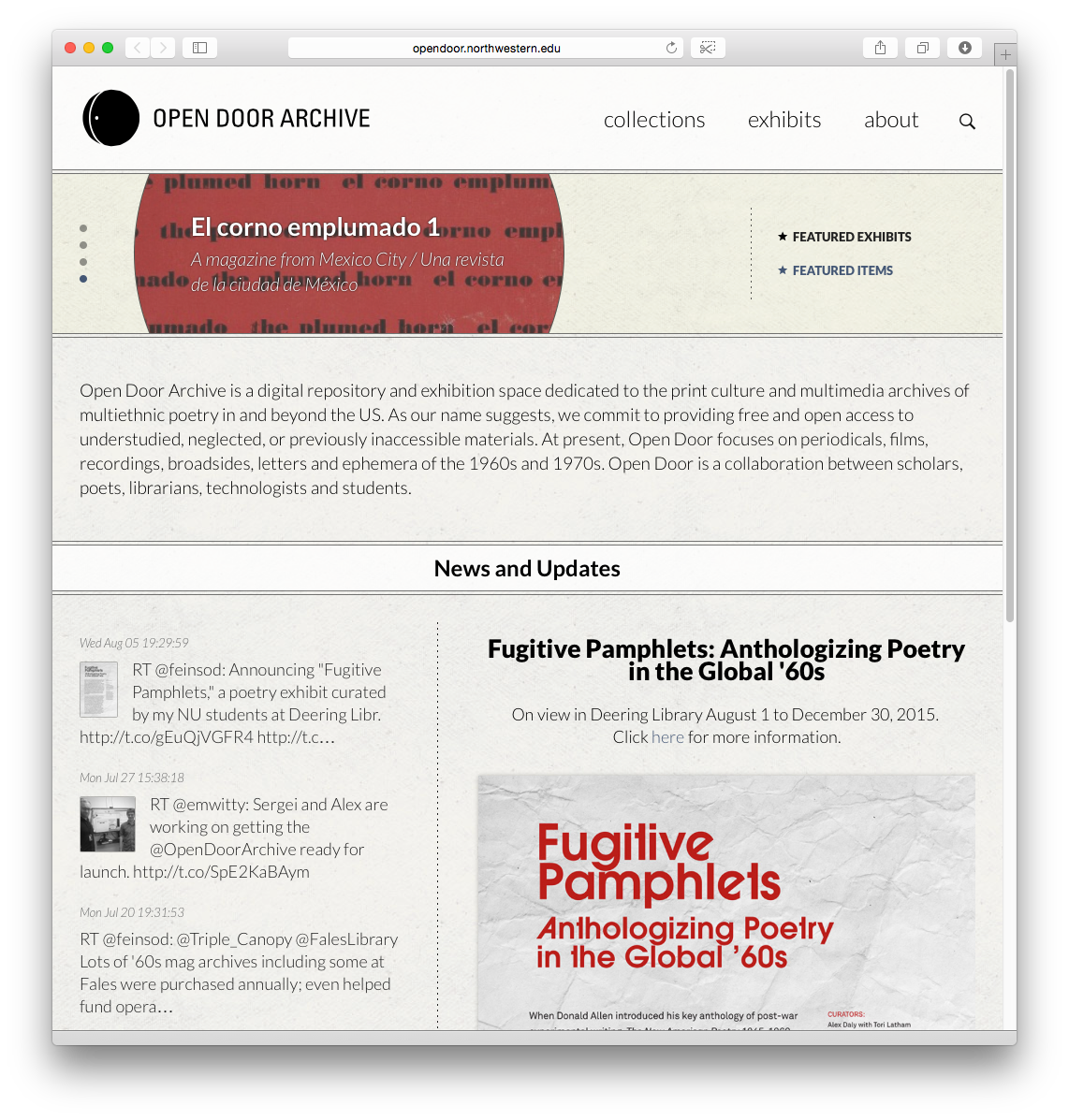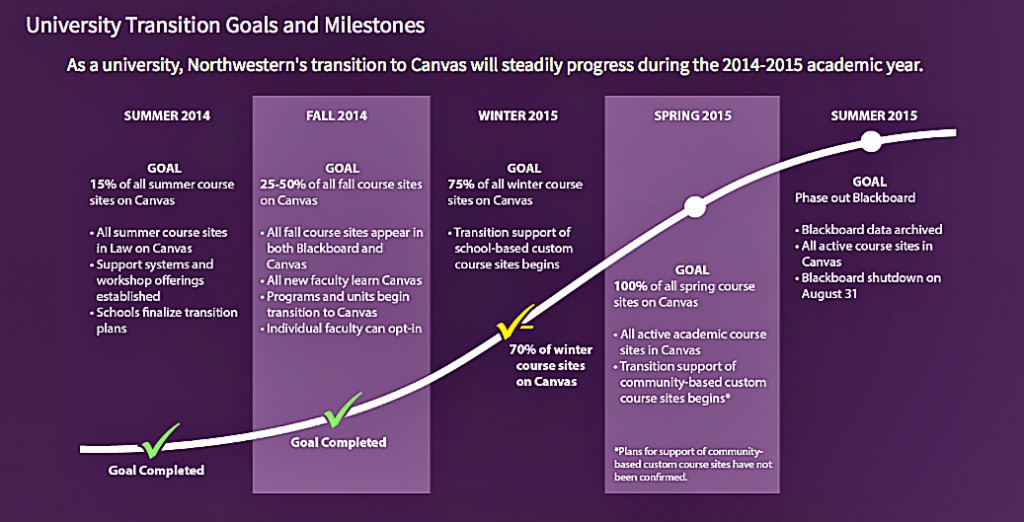The MMLC is finally on Facebook and Twitter!
A quick introduction first: I am on the MMLC student staff as the department’s first copywriter in more than 12 years. I write for the blog, but now I also manage the center’s social networking accounts. Back in high school, I wrote and designed for the yearbook, the literary magazine, and the MUN conference magazine. Aside from that, I was also a PR intern at a fashion company this past summer, so I learned a thing or two about getting the word out. I am a fan of tangible media—film, records, old books—and all tools of communication. I suppose this is why people mistake me for a journalism or communications student almost 80% of the time (I am in Weinberg and undecided). I am also a fan of EXO, and trust me, that is very relevant, and I will explain why.
A lot of people who know me personally will know that I dedicate a large portion of my life to EXO. A lot of those same people often shake their head whenever I shove my phone in their faces because I feel the need to make inarticulate noises over someone’s new hair color or whatnot. This is where everything becomes relevant: I find out about magazine features, news articles, what happened at Seoul Fashion Week, all within a couple hours thanks to Twitter, Facebook, Instagram, etc. I am a whole ocean away, but I am seeing, reading, and hearing things almost instantly thanks to the online community. Full post


 The MMLC is pleased to announce the launch of the
The MMLC is pleased to announce the launch of the 